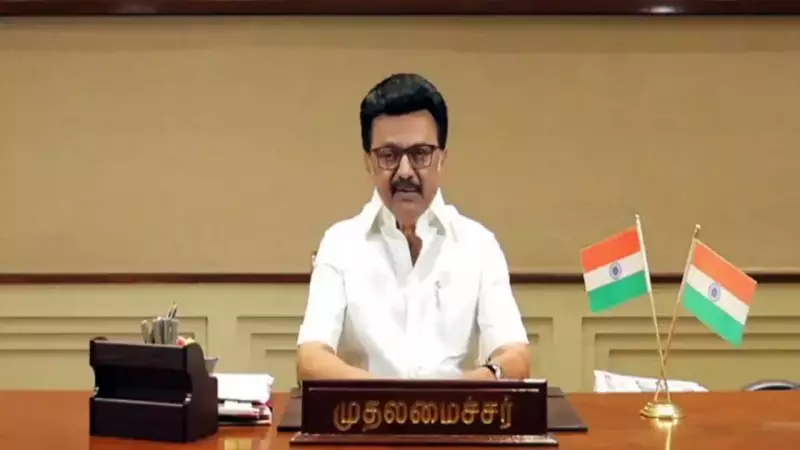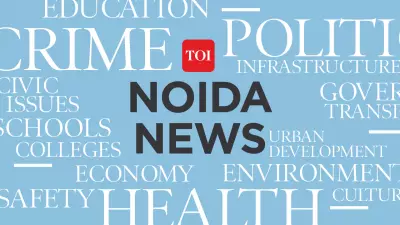
In a fiery political confrontation, Tamil Nadu Chief Minister and DMK president MK Stalin has launched a blistering attack on the Bharatiya Janata Party, posing a challenging question to the ruling party: "Will you answer the people's questions or continue spreading WhatsApp propaganda?"
The Core Allegations
Stalin's accusations form a three-pronged assault on the BJP's political strategies:
- Systematic Vote Theft: The DMK leader alleged that the BJP is engaged in organized electoral malpractice, undermining India's democratic processes
- WhatsApp Propaganda Machine: Stalin accused the party of running an extensive misinformation campaign through the popular messaging platform
- Forced Hindi Imposition: The CM reiterated concerns about the BJP's alleged attempts to impose Hindi on non-Hindi speaking states
Escalating Political Tensions
The sharp criticism comes amid growing tensions between the DMK-led Tamil Nadu government and the central BJP administration. Stalin's remarks represent some of the most direct accusations leveled against the ruling party in recent months, signaling a significant escalation in political rhetoric.
"The people of Tamil Nadu will not tolerate attacks on our linguistic and cultural identity," Stalin declared, positioning the conflict as a battle for regional autonomy and cultural preservation.
Broader Implications
Political analysts suggest this confrontation highlights the deepening divide between the BJP's national vision and regional parties' insistence on state rights and cultural distinctiveness. The WhatsApp propaganda allegation particularly resonates in an era where digital misinformation has become a significant political concern.
As the 2024 general elections approach, such confrontations are expected to intensify, with regional parties like DMK positioning themselves as bulwarks against perceived central overreach and cultural homogenization.





